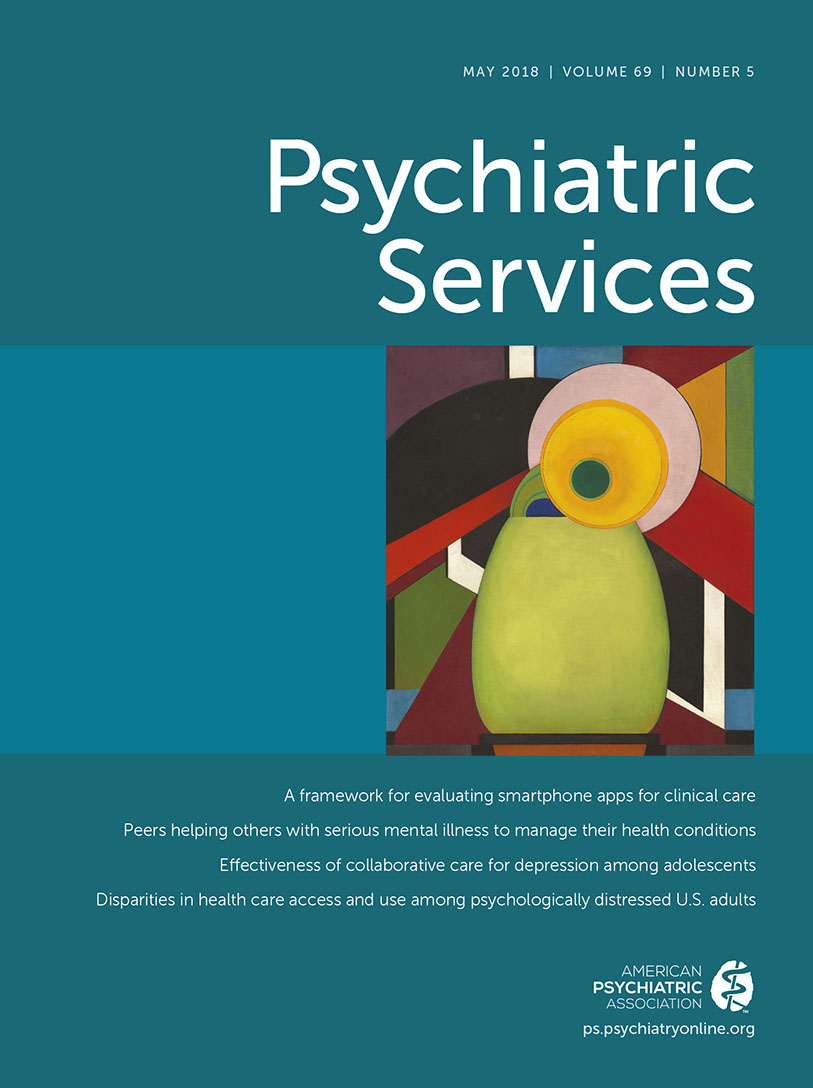Abstract
Objective:
This study examined changes in utilization of mental health services after Hurricane Katrina among children with preexisting conditions who were displaced from their homes in Louisiana disaster counties and resettled in Texas.
Methods:
A retrospective analysis was performed on Medicaid claims data for 101,950 children from 2004 to 2006. Pre-post changes in utilization of mental health services by the displaced children and three control groups were compared. The control groups were children from Louisiana disaster counties who were not displaced, Louisiana children from nondisaster counties, and Texas children enrolled in Medicaid.
Results:
The proportion of children who had a prescription fill for psychotropic medication and the average days’ supply per child decreased in each group, but the decreases were significantly larger for the displaced group than for the control groups. The decreases in both measures were largest for stimulants and antidepressants, the two most common medication classes. By contrast, changes in the proportion of children with an encounter involving psychiatric services and the average number of psychiatric services encounters per child did not vary systematically across the displaced and control groups.
Conclusions:
The contrast between the results for medication utilization and encounters reveals a potential gap in post-Katrina provision of care. Although the findings for encounters indicate that, on average, displaced children did not experience a disruption in provider visits, the medication estimates suggest that they often did not obtain pharmaceutical treatment. Future disaster responses may be improved by addressing logistical impediments faced by disaster victims in filling their prescriptions for psychiatric medications.



